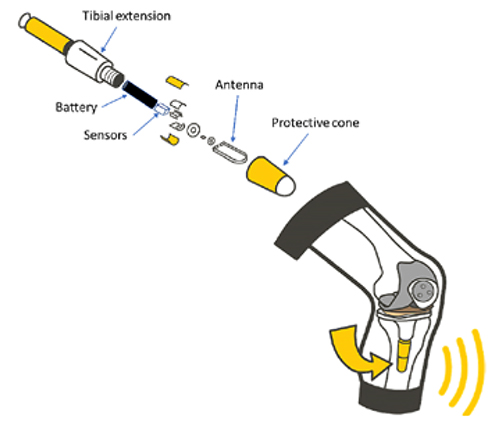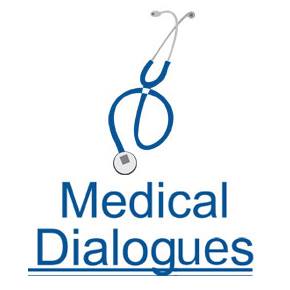
Some 800,000 knee replacements and 550,000 hip replacements are performed in the US each year. Factoring in the ever-expanding aging population, projections show the figure for knee replacements alone will explode to 3.5 million procedures being done annually by 2030—and that is just one type of procedure within a single…

Takeaways Transmitting health metrics directly from a surgical implant reduces the need for in-person followup and offers more objective data on recovery than patient-reported measures. This technology’s potential extends beyond knees. Whatever the nature of the treatment, postop monitoring is critical. Patient education is essential for setting up the data…

The administrator of an ambulatory surgery center (ASC) wears many hats, doing every odd job in the book to keep their free-standing center safe, compliant, and operational. But what does “wearing many hats” mean exactly? OR Manager spoke with Nyleen Flores, CPMSM, CPCS, CPCO, CASC, chief administrative officer at Lake…

Editor's Note An increasing number of young and middle-aged adults are opting for knee and hip replacements earlier in life, breaking the stereotype that such surgeries are primarily for seniors aged 65 or older. That is according to a July 24 article in U.S. News & World Report. Citing research…

Editor's Note Intraoperative infusion of dexmedetomidine (DEX) could help improve glycemic control and reduce insulin requirements in diabetic patients undergoing cardiac surgery, according to a July 25 article in Medical Dialogues. The article focuses on a prospective observational study published in the journal Annals of Cardiac Anesthesia. The study included…

Editor's Note The medical 3D printing market is expected to double from $2 billion in 2022 to $4 billion by 2026, driven by customization, lower costs, and quick turnarounds, according to analysis from GlobalData. In a July 24 report on the analysis, Medical Device Network outlined this growth as well…

Editor's Note A needle-based technique that blocks sensory and motor function below the chest without intubation or general anesthesia makes surgery safer for pediatric patients, according to a July 15 report in Michigan Medicine. The University of Michigan's pediatric spinal anesthesia program, also implemented at University of Michigan-Sparrow Health Center,…

Editor's Note A July 19 story from Politico offers a raw, unfiltered view of the realities of the Israel-Hamas war through the eyes of two American surgeons. Authors Mark Pearlmutter, an orthopedic and hand surgeon who practices in Rocky Mount, North Carolina, and Feroze Sidwha, a trauma and critical care…

Editor's Note New findings show that compared to standard anesthetic methods, a new high-flow oxygen technique is just as safe as during tubeless upper airway surgery in children. Published in The Lancet Respiratory Medicine, the University of Queensland research-- the High-Flow Oxygen for Children's Airway Surgery (HAMSTER) trial—was the focus of…

Editor's Note New findings from health consultant Sg2’s 2024 Impact of Change report projects a 21% increase in ambulatory surgery center (ASC) volume, to reach 44 million by 2034, ASC Focus July 8 reports. An aging population, better diagnostics, and epidemiological factors are driving this demand, Tori Richie, senior consulting…